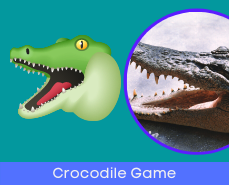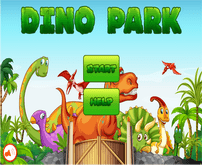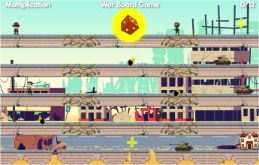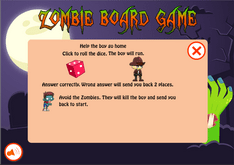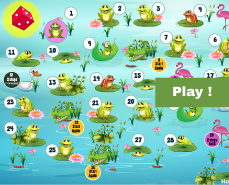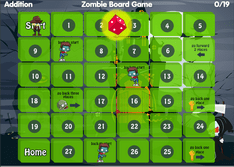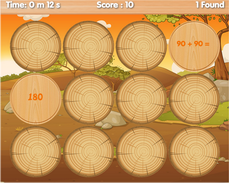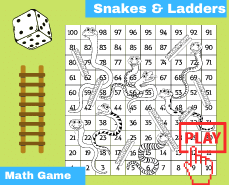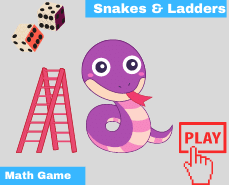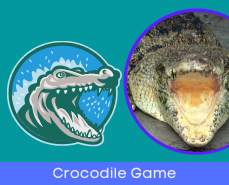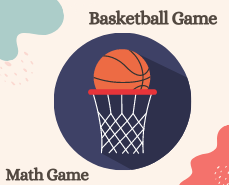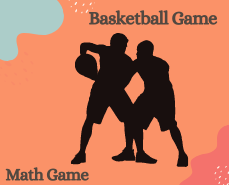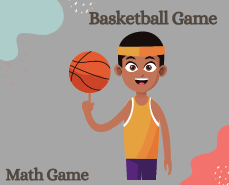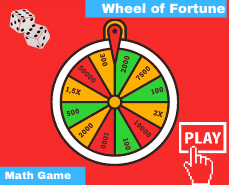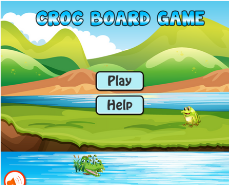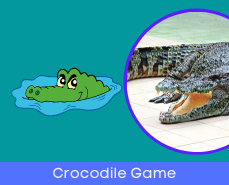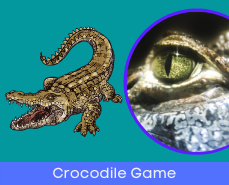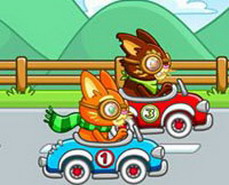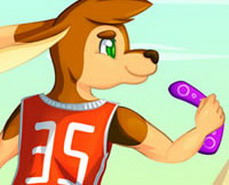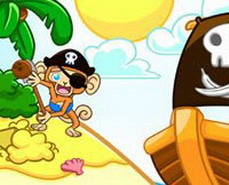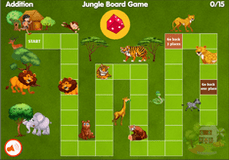Montessori Toys for 3 Year Olds: Enhancing Learning and Development
The early years of a child's life are crucial for their cognitive, physical, and emotional development. During this stage, providing them with appropriate toys and learning materials can greatly impact their growth. Montessori toys are renowned for their focus on promoting independent learning and exploration. In this article, we will delve into the world of Montessori toys and explore their benefits for 3-year-olds.
Understanding the Montessori Method
The Montessori method is an educational approach developed by Dr. Maria Montessori that emphasizes self-directed learning and hands-on experiences. It focuses on creating an environment that fosters a child's natural curiosity and allows them to explore and learn at their own pace.
Benefits of Montessori Toys for 3-Year-Olds
Promoting Independence
Montessori toys are designed to encourage independent play and exploration. They offer opportunities for children to make choices, solve problems, and develop their decision-making skills.
Encouraging Problem-Solving Skills
By engaging with Montessori toys, 3-year-olds are exposed to various challenges that require problem-solving. These toys often present open-ended activities that stimulate critical thinking and creativity. Continue below >>>
Fostering Fine Motor Development
Many Montessori toys focus on developing fine motor skills, which are essential for tasks such as writing, tying shoelaces, and buttoning clothes. Through activities like stacking, sorting, and manipulating objects, children refine their hand-eye coordination and dexterity.
Enhancing Cognitive Abilities
Montessori toys stimulate cognitive development by introducing concepts like shapes, colors, numbers, and letters in a hands-on manner. They encourage active engagement and provide a solid foundation for future learning.
Essential Montessori Toys for 3-Year-Olds
Sensorial Toys
Sensorial toys help children explore their senses and understand the world around them. Examples include puzzles, shape sorters, and textured objects that enhance sensory perception.
Practical Life Toys
Practical life toys mimic everyday activities and allow children to practice life skills. Items like child-sized brooms, pouring activities, and dressing frames promote independence and self-care.
Language and Literacy Toys
Montessori toys for language development include alphabet puzzles, picture-word matching games, and storytelling sets. These toys encourage vocabulary building, phonetic awareness, and language comprehension.
Math and Counting Toys
Mathematical concepts are introduced through Montessori toys like number puzzles, counting beads, and sorting activities. They enable children to understand numerical concepts and develop basic math skills.
Creative and Imaginative Toys
Toys that foster creativity and imagination include building blocks, art materials, and pretend play sets. These toys encourage self-expression, problem-solving, and storytelling abilities.
Choosing the Right Montessori Toys
When selecting Montessori toys for 3-year-olds, consider the following factors:
Safety Considerations
Ensure the toys are made of non-toxic materials, have no sharp edges, and do not contain small parts that could pose a choking hazard.
Age-Appropriate Features
Choose toys that align with a 3-year-old's developmental milestones and abilities. They should provide an appropriate level of challenge without being too overwhelming or too simplistic.
Quality and Durability
Opt for toys that are well-made and durable to withstand the active play and exploration of young children. High-quality materials ensure longevity and safety.
Open-Ended and Versatile Toys
Montessori toys that offer open-ended play possibilities allow children to use their creativity and imagination. Look for toys that can be used in multiple ways and have endless potential for learning.
Incorporating Montessori Principles at Home
To create a Montessori-inspired environment at home for your 3-year-old, consider the following suggestions:
Creating a Prepared Environment
Arrange the play area to be inviting, organized, and easily accessible. Use shelves and baskets to display toys in an orderly manner, making it easier for your child to select and engage with them.
Encouraging Independent Play
Allow your child to explore and play independently, promoting self-discovery and decision-making. Offer support and guidance when needed but allow them to develop their problem-solving skills.
Rotating Toy Selections
Instead of overwhelming your child with too many toys at once, rotate the available toys periodically. This approach helps maintain interest and prevents sensory overload.
Engaging in Purposeful Activities
Engage in activities that align with Montessori principles, such as cooking together, gardening, or engaging in art projects. Encourage practical life skills and hands-on learning experiences.
Frequently Asked Questions (FAQs)
1. What is the Montessori approach to education?
The Montessori approach is an educational philosophy that emphasizes child-led learning, independence, and hands-on experiences. It promotes the development of cognitive, social, and emotional skills through a prepared environment.
2. Are Montessori toys only for 3-year-olds?
Montessori toys can be enjoyed by children of various ages. While this article focuses on 3-year-olds, Montessori principles and toys can be adapted for different stages of child development.
3. Can I make Montessori toys at home?
Yes, you can create Montessori-inspired toys using everyday household items. For example, you can make sensory bottles using water and various materials or create counting activities with buttons or beads.
4. Are Montessori toys more expensive?
Montessori toys can vary in price, but they are not necessarily more expensive than mainstream toys. The focus is on quality, durability, and educational value rather than elaborate features.
5. How can I introduce Montessori principles to my child's daily routine?
You can incorporate Montessori principles by encouraging independence, providing child-sized tools, promoting practical life activities, and creating a prepared environment that fosters exploration and learning.
In conclusion, Montessori toys offer a unique approach to early childhood education, nurturing independence, problem-solving skills, and cognitive development. By carefully selecting and incorporating Montessori toys into your 3-year-old's playtime, you can enhance their learning experiences and promote holistic growth.
![]() Addition math practice - pirates at sea game
Addition math practice - pirates at sea game
![]() Counting from 1 to 3 - Rally car race game
Counting from 1 to 3 - Rally car race game
![]() Counting up to 10 - Catapult game
Counting up to 10 - Catapult game
![]() Counting up to 5 - Pirate game
Counting up to 5 - Pirate game
![]() Learn numbers beyond 20 - rally game
Learn numbers beyond 20 - rally game
![]() Patterns - Pirates at sea game
Patterns - Pirates at sea game

